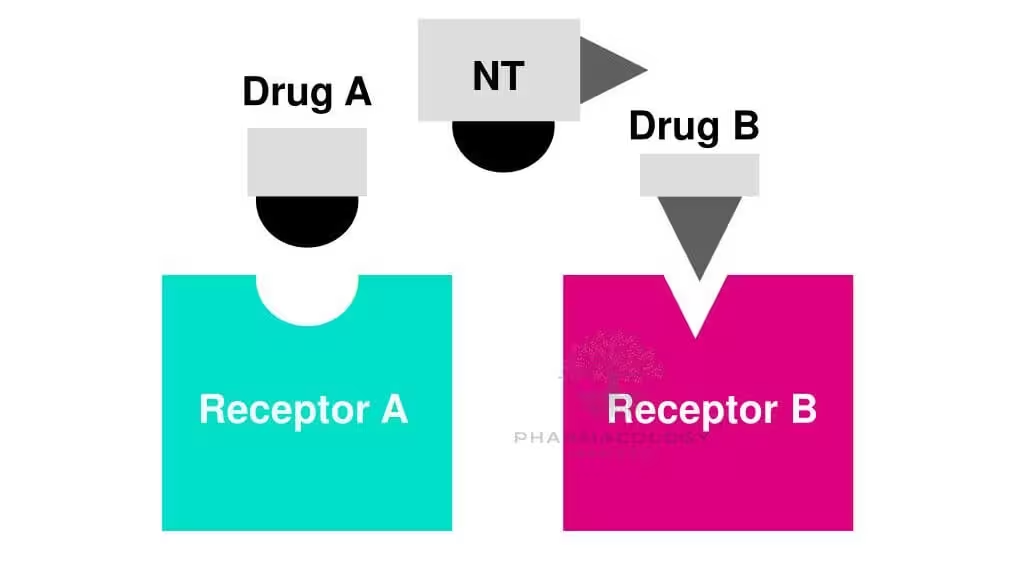Drug specificity is an important concept in pharmacology that refers to the range of actions a drug can produce. Understanding drug specificity is crucial for healthcare professionals, researchers, and patients alike, as it helps to predict the drug’s effects and potential side effects. Here, we explore the factors that govern drug specificity and provide examples to illustrate the concept.
Factors Governing Drug Specificity
- Target Receptors: The specificity of a drug is influenced by whether it acts on a single receptor or multiple targets. Drugs that act on a single receptor are generally more specific in their actions.
- Distribution of Target: The specificity is also determined by how widely the target receptor is distributed in the body. If the target is localized to a specific tissue or organ, the drug’s action will be more specific.
Examples of Drug Specificity
High Specificity: Omeprazole
Omeprazole, along with other proton pump inhibitors, is an example of a highly specific drug. Its singular action in therapeutic doses is the inhibition of gastric acid secretion. This is because it acts on a single target molecule, the H+K+ ATPase (proton pump), which is localized to the gastric parietal cells. The specificity of action minimizes the risk of side effects in other systems of the body.
Moderate Specificity: Dexamethasone
Dexamethasone is an agonist of the glucocorticoid receptor. While it acts on a single receptor type, the glucocorticoid receptor is expressed in nearly every cell of the body. As a result, dexamethasone has a wide range of effects, including anti-inflammatory, immunosuppressive, and metabolic actions, among others.
Low Specificity: Chlorpromazine
Chlorpromazine is an example of a drug with low specificity. It has antagonistic actions on multiple receptors, including dopamine D2, α-adrenergic, muscarinic cholinergic, histamine H1, and some 5-HT receptors. It also blocks sodium channels. Due to its multiple targets, chlorpromazine has a wide range of actions and potential side effects, including antipsychotic, antiemetic, and sedative effects.
Clinical Implications
- Highly Specific Drugs: These are often preferred when a targeted action is desired, as they are less likely to produce unwanted side effects.
- Moderately Specific Drugs: These may be useful for conditions that require a multi-systemic approach, but they come with a higher risk of side effects.
- Low-Specificity Drugs: These are generally reserved for conditions where a broad range of effects is beneficial, but they carry the highest risk of side effects.
Conclusion
Drug specificity is a key factor that influences the range of actions a drug can produce. Understanding this concept is crucial for predicting a drug’s effects and potential side effects, thereby aiding in the optimization of therapeutic strategies.
Medical Disclaimer
The medical information on this post is for general educational purposes only and is provided by Pharmacology Mentor. While we strive to keep content current and accurate, Pharmacology Mentor makes no representations or warranties, express or implied, regarding the completeness, accuracy, reliability, suitability, or availability of the post, the website, or any information, products, services, or related graphics for any purpose. This content is not a substitute for professional medical advice, diagnosis, or treatment; always seek the advice of your physician or other qualified health provider with any questions you may have regarding a medical condition and never disregard or delay seeking professional advice because of something you have read here. Reliance on any information provided is solely at your own risk.

